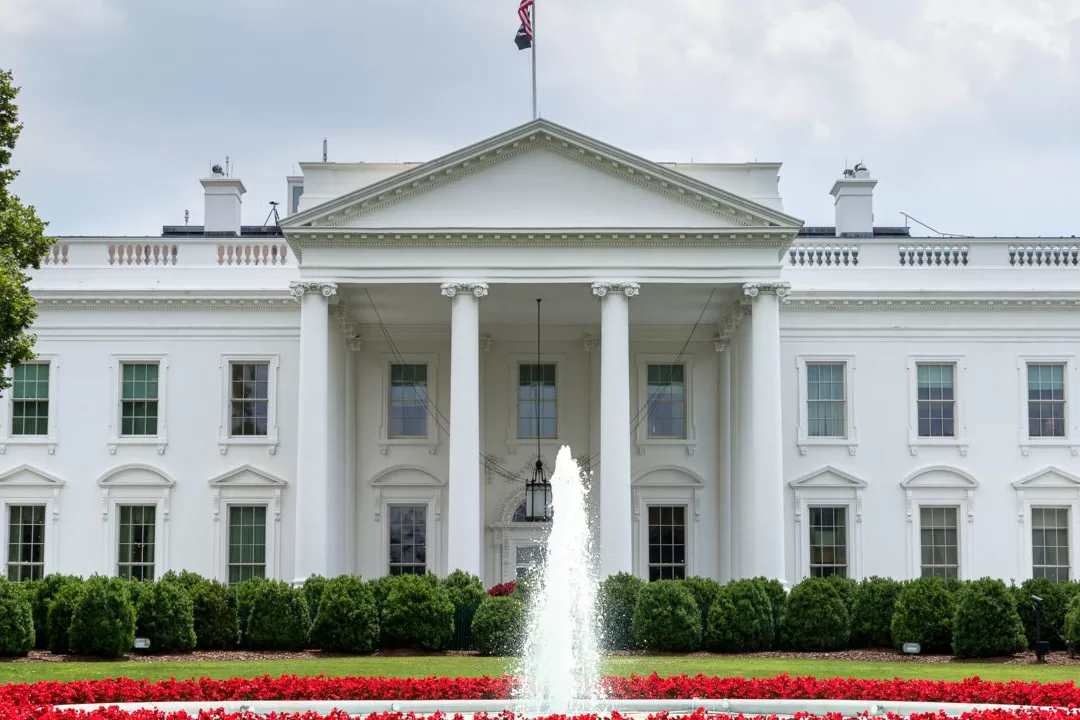Recent events have put the nature of foreign policy in the spotlight once again. There has been a glut of noise – especially from the esteemed social media brigade – against foreign policy options that lack emotions, empathy and morality! Generally social media opinions are nonsensical at best but this one is worthy of discourse. The question is this: is there any room for emotions and morality in foreign policy? The answer: not so much! Consider the following hypothesis. In my previous OpEds I have discussed the nature of morality as compared to values and ethics. Although all three are closely related but they are not the same.
Firstly, values are the rules by which we – as individuals and as societies – make a judgement about right and wrong, good and bad, and should or shouldn’t. Secondly, morals are decisions that society takes in order to gauge whether an act is good or bad based on personal or collective values described earlier. Thirdly, while morals are the feeling of ‘good or bad’, ethics clearly regulate which deeds are ‘right or wrong’. In that way, ethics can be deemed as the codification of morals into a specific system and adopted by the majority. Therefore – if one were to structure the three tenets in a linear system – it would be values first, then morals and lastly ethics.
There are three different rubrics we can use to interrogate the allowance of morality in foreign policies
Consequently, the first problem for foreign policy formulation is that values, morals and ethics are rooted deeply in society and are reflective of the norm of that land only. While there are universal values such as ‘speaking the truth’, there may be some which change from country to country and region to region. For example, overt expectation of ‘grease money’ to spin the wheels of bureaucracy may be an acceptable value in some nations as opposed to others.
Hence, the morality of this action not being labelled as bad may also be acceptable! A foreign policy that uses this approach to fulfill its objectives can be immoral to some but completely adequate for others. The second issue is the tussle between foreign policy and national interests! Theoretically, it is good to have a foreign policy based on emotions and morality – even if just local – but what happens when it collides with national interests? Which comes on the top? Almost always, emotions and morality are sacrificed at the altar of national interests! “We have no eternal allies, and we have no perpetual enemies. Our interests are eternal and perpetual, and those interests it is our duty to follow”. This pragmatism is generally conceded to Lord Palmerston, who was twice Prime Minister of Great Britain and dominated governmental foreign policy from 1830 to 1865 – a time when the British Empire was arguably at its peak!
Issue that plagues foreign policy formulation is whether its ownership lies in the hands of the hawks or the doves of an administration

Another British Prime Minister, Winston Churchill, had stated during WWII that “I am ready to put my hands in the hands of the devil for the progress of my country.” While the morality and ethics of this statement is questionable, it must be noted that this is acknowledged reality when it comes to foreign policy formulation!
For example, many western countries have a foreign policy that allows them to do business with despots and dictators to cater to their national and economic interests.
When they are asked about the morality or ethics of this foreign policy, the reply is generally in the realm of “we are trying to remain close to this regime so that we can effectively enact change from within”! There are many a ways to rationalise any foreign policy action!

A third issue that plagues foreign policy formulation is whether its ownership lies in the hands of the hawks or the doves of an administration. Ultimately people set up a foreign policy and their values and morals are quite keenly reflected in it. For example, a democratic yet dovish White House may offer a more humane foreign policy as compared to a hawkish and conservative White House. Though, this can be reversed as well as hawks and doves exist in both political parties!
Furthermore, there are three different rubrics we can use to interrogate the allowance of morality in foreign policies. One, realism. This suggests that the impact of morality on foreign policy is almost negligible because it is the ambit of the state, where the state only works with the logic of consequence to find the best possible outcome for its own citizens. Here the nation state is valued above all other international and political communities.
It is good to have a foreign policy based on emotions and morality – even if just local – but what happens when it collides with national interests?
Two, cosmopolitanism. Here morality – and therefore a moral foreign policy – is down to individuals themselves and that nation states cannot be divorced from human beings per se. Also, all human beings are entitled to the same universal rights – and thus the same values and morals – by birth and these can’t be circumvented by any worldly authority. Three, liberalism. It postulates that a society of nation states, rather than individuals, are the prime referent of moral considerations. While this has a commonality with realism that nation states are best arbitrators of their subjects, it digresses from it by extrapolating moral considerations also to the international level.
Thus, a foreign policy based on liberalism would be more attuned to the sufferings of people who live in other nation states as well. It is a foregone conclusion that realism is the most common and most utilised of approaches towards foreign policy and thus has almost no accommodation for values, morals and ethics! This is in line with the conflicts we see today and will witness in the future as well.





